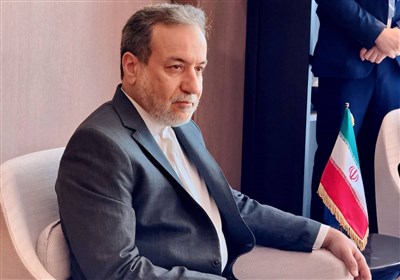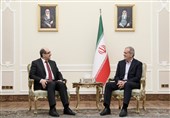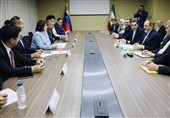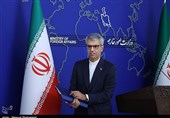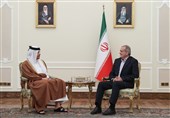Iran Offers Cropping Pattern Help to Afghanistan
TEHRAN (Tasnim) – Iran’s president on Tuesday offered to help neighboring Afghanistan bring about a shift in the cropping pattern in order to reduce poppy cultivation.
President Hassan Rouhani said Iran is ready to offer Afghanistan the “scientific and research assistance” for changing patterns of agricultural production and wean the Afghan farmers off poppy cultivation to reduce illicit drug production.
He made the comments in a meeting with Deputy Chief Executive Officer of Afghanistan Mohammad Mohaqiq in Tehran on Tuesday.
President Rouhani described narcotics production in Afghanistan as a threat to the entire region.
The Afghan politician, for his part, praised Iran for its continuous support for the Afghan nation in hard times, hailing the Islamic Republic as an “elder brother” of his country.
The United Nations has estimated in the past that opium trafficking accounts for up to 15 percent of Afghanistan’s gross domestic product.
Iran is on a major transit route for drugs being smuggled from Afghanistan to Europe, the Middle East and Africa, and the country's war on drug-traffickers has claimed the lives of nearly 4,000 Iranian police forces over the past 34 years.
According to the UN Office on Drugs and Crime, Iran is netting eight times more opium and three times more heroin than all other countries in the world combined.
A common complaint from Afghan farmers is that traditional crops, grown legally, do not bring them enough money, and that in the absence of irrigation systems and canals in a country with erratic weather conditions and widespread draught, poppy fares much better than water-intensive crops such as cotton or fruits.
The farmers cannot cultivate wheat, maize or cotton without a sufficient water supply.
The Afghan government, with the help of some donor countries, has initiated opium eradication programs, but many farmers say promises to provide high-quality seeds and fertilizer, carry out developmental projects and promote alternative careers have not been kept.


